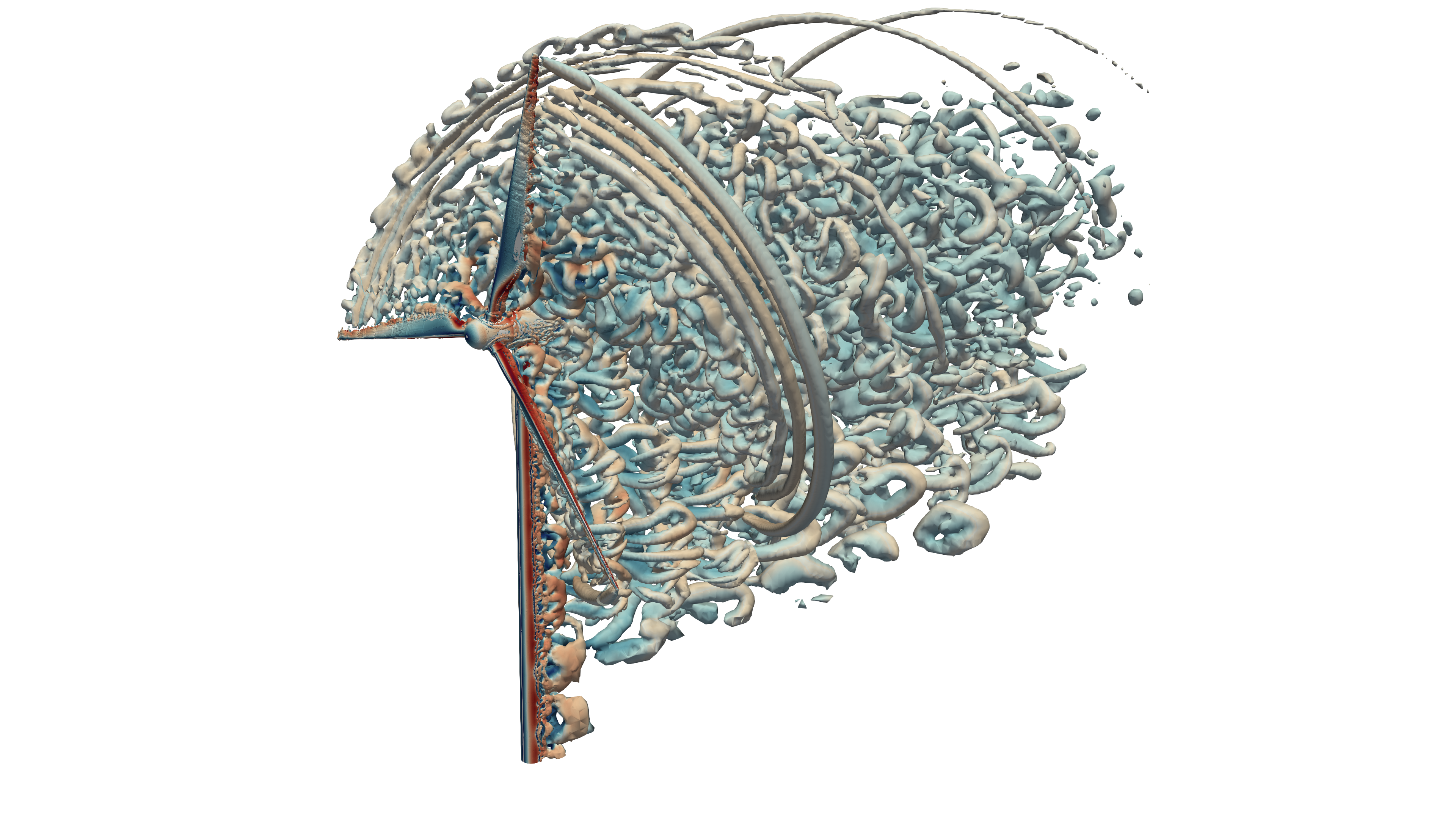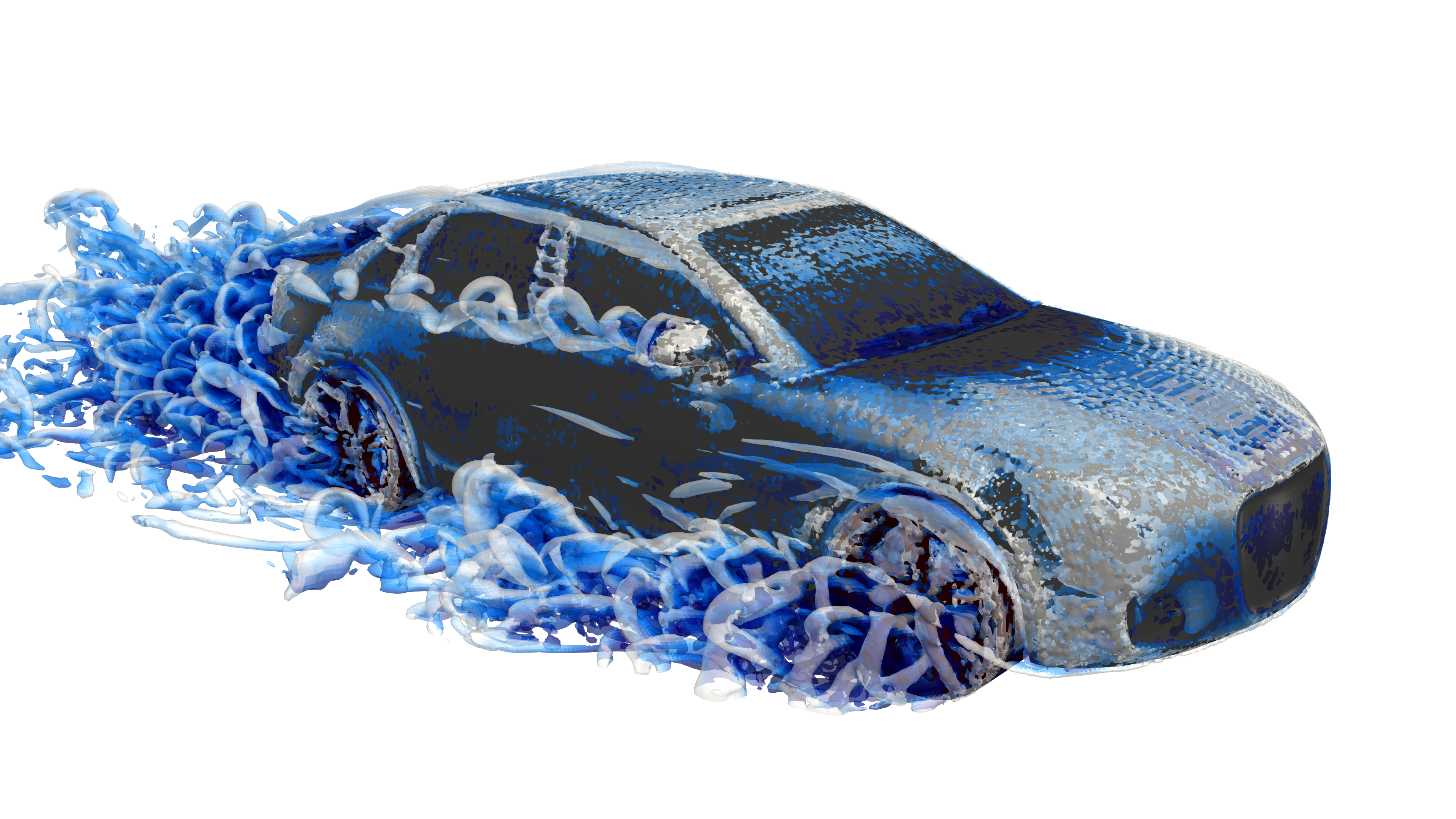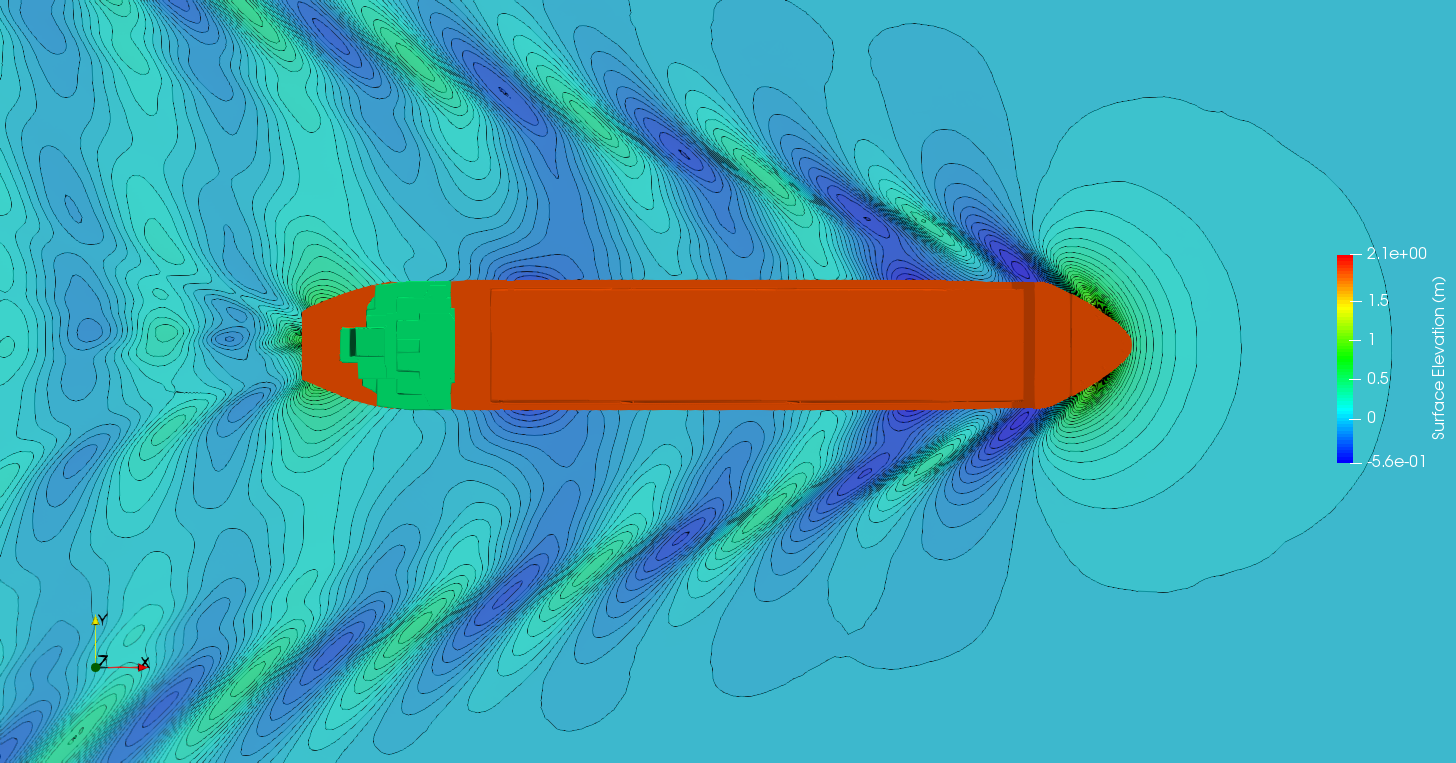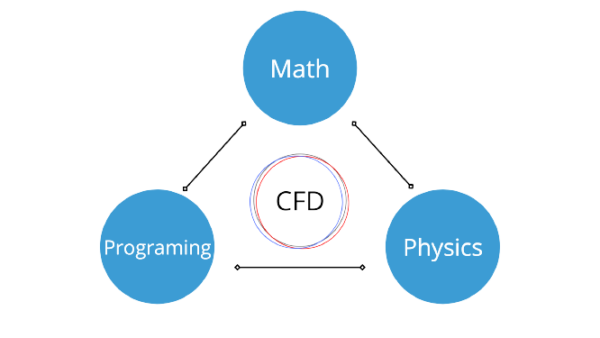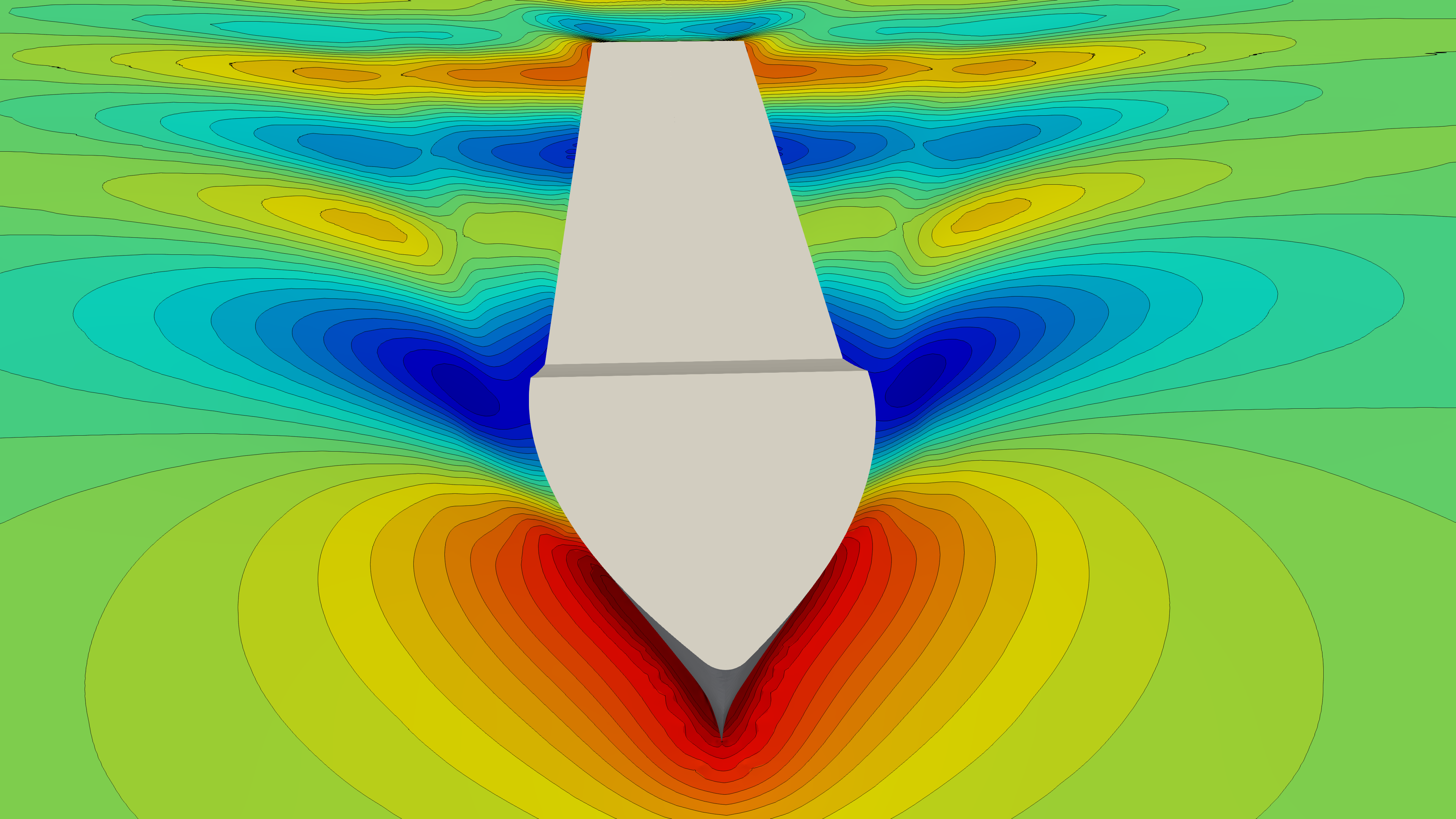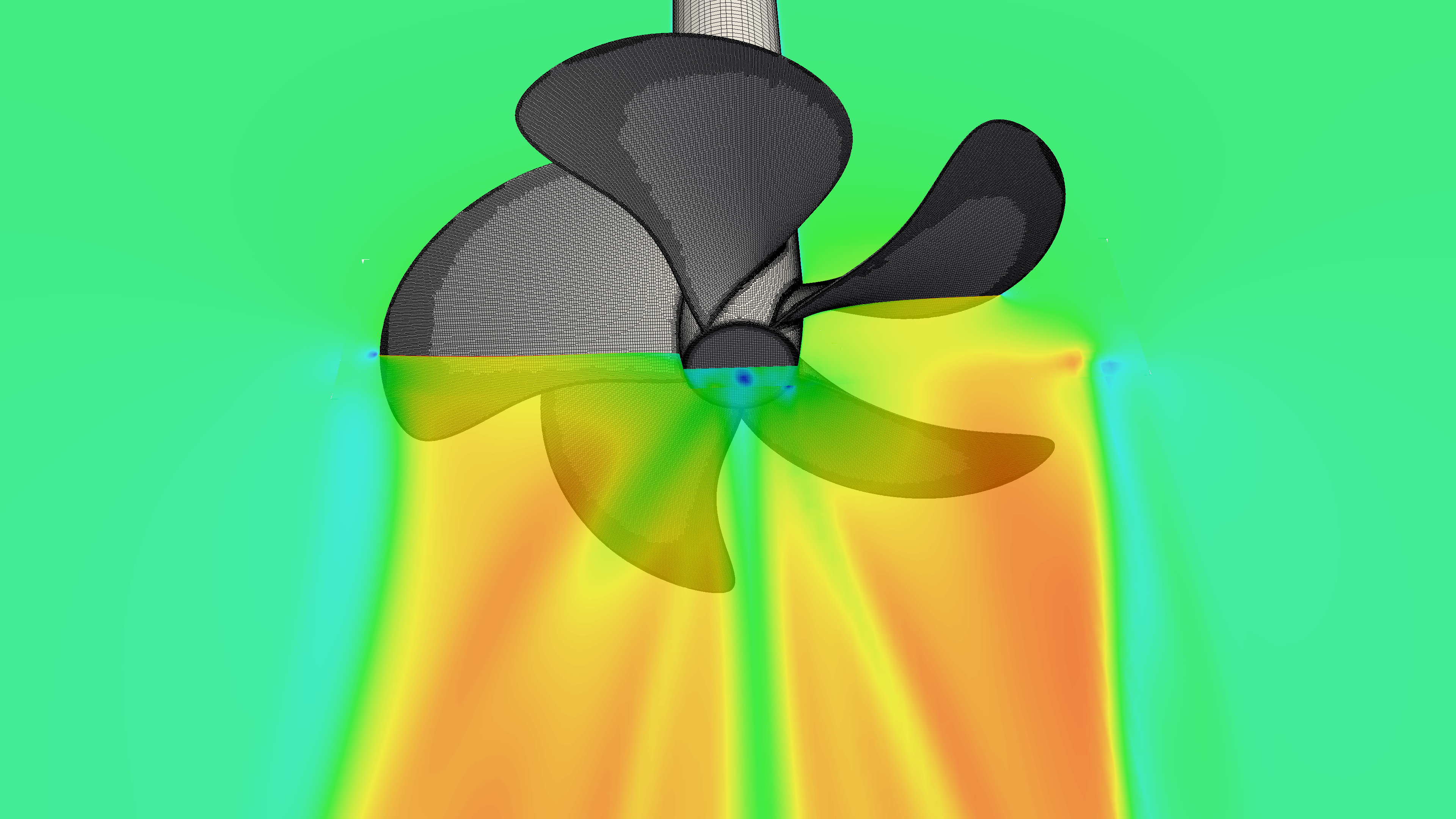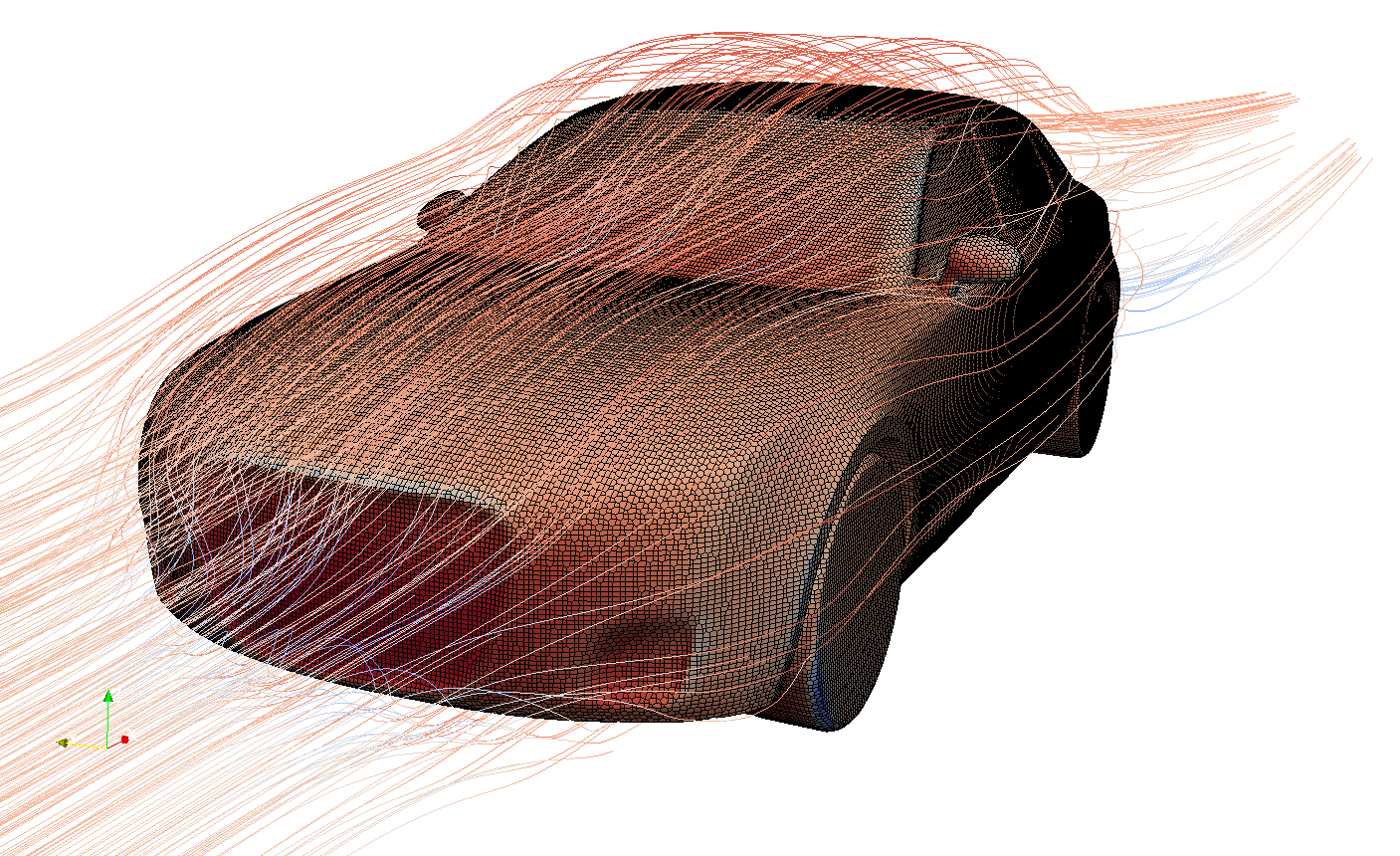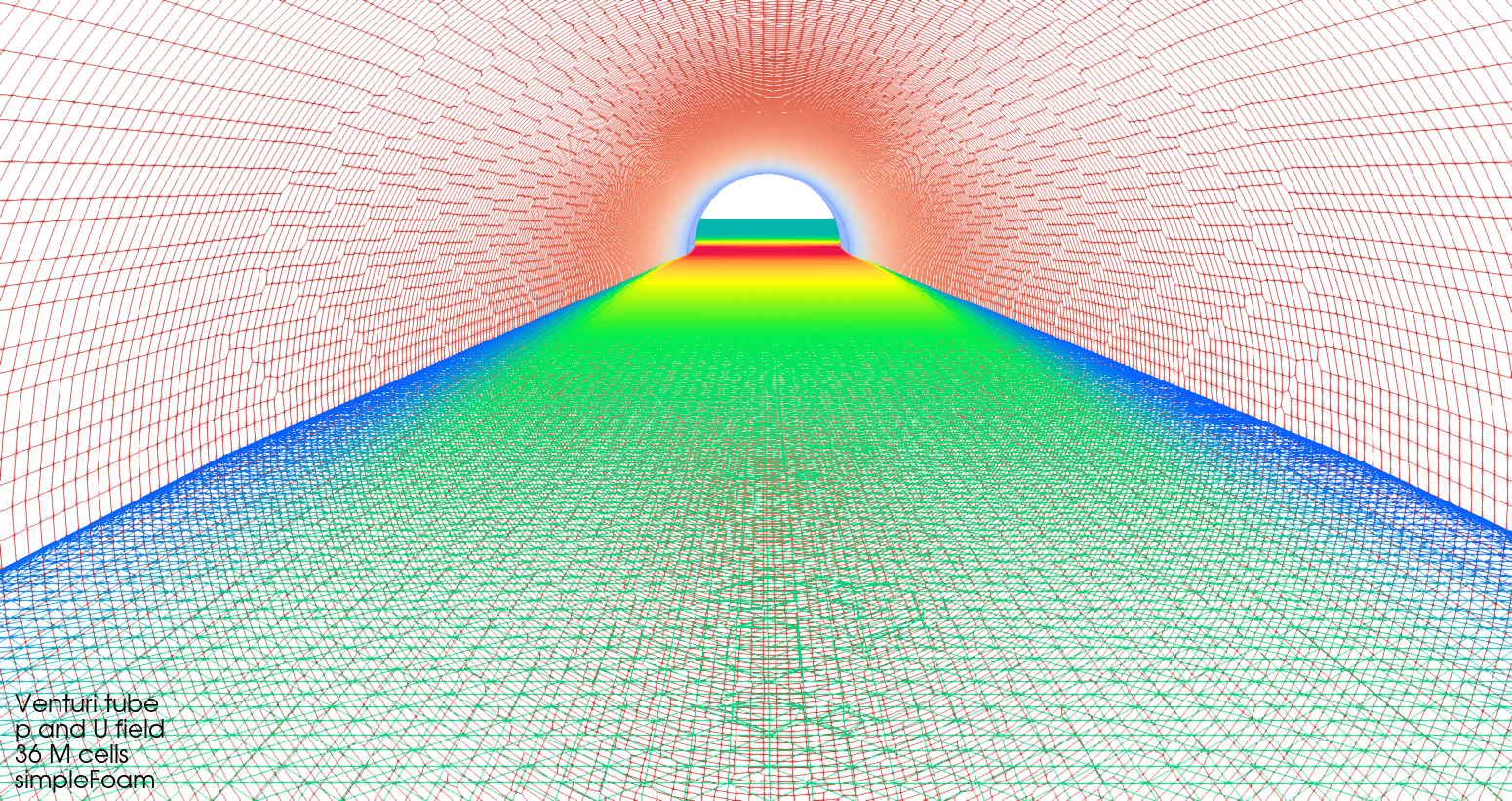The CFD work flow
The realization and validation of a fluid mechanics simulation require thorough expertise of each stage of the modeling process. Our team of specialist engineers’ masters all of these steps:
- Mesh choice (choice of the type of elements, characteristics, sizes, skewness, the ratio of non-orthogonality, etc.) conditioning the validity and the robustness of the computation.
- Physics involved in the modeled phenomenon (choice of adapted boundary conditions, turbulence models in agreement with the studied phenomenon).
- Solver and numerical settings (pressure/velocity coupling algorithm, discretization schemes …).
- Post-processing of the output results (temperature fields, velocity field, local exchange coefficient, scalar concentration, pressure drop …).

